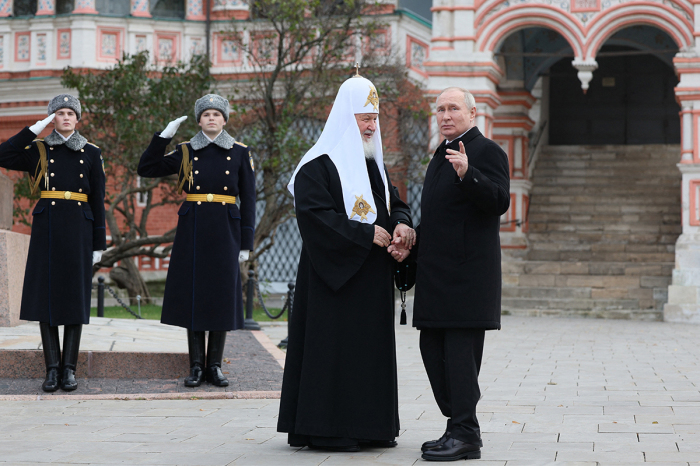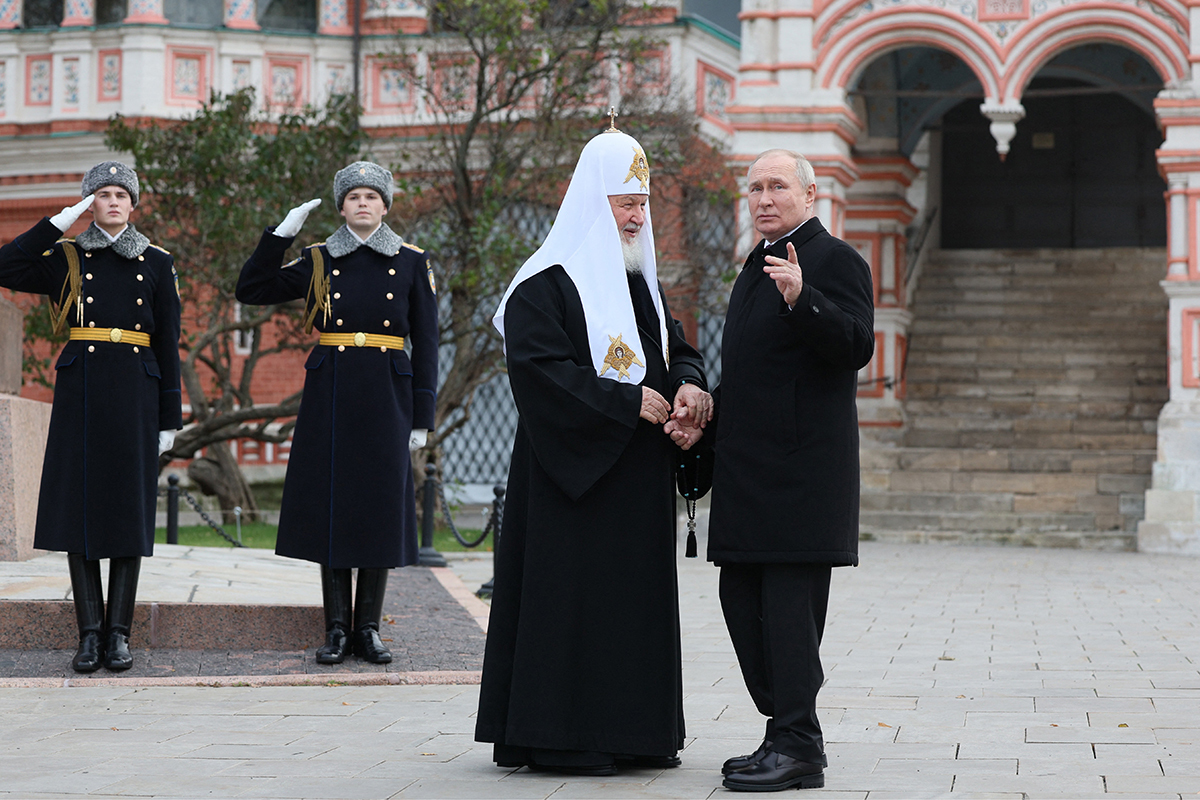
Russian courts have banned three more Baptist churches affiliated with the Council of Churches Baptists in the southern region of Krasnodar amid an ongoing crackdown on unregistered congregations across the country.
The churches in Timashyovsk, Armavir and Tuapse were all prohibited from operating unless they formally notify authorities of their activities, which the denomination refuses to do on principle, the Forum 18 News Service reported earlier this month.
The Council of Churches Baptists, formed during the Soviet era, maintains that registration constitutes state control over religious life and is not required under Russian law or the Constitution.
The Timashyovsk District Court issued a ruling on Oct. 13 prohibiting the activities of the church there following an inspection in June, during which officials entered the building during a worship service and later questioned Pastor Andrey Antonyuk about the group's legal status.
A civil lawsuit filed in July by the local prosecutor requested a ban until the church submitted notification of its existence. The ruling cited no gross or repeated violations that would warrant a prohibition, according to the Intercession Department of the Council.
In Armavir, the city court upheld a similar request by prosecutors on Sept. 30, finding that Pastor Vladimir Popov led religious meetings without proper authorization and that the group constituted an unregistered religious association. The court referred to earlier administrative violations, including fines issued to Popov for leading worship and to a church member for distributing religious newspapers at a key-cutting shop, as justification for the ban.
The Tuapse City Court banned the local Council of Churches Baptist congregation on Sept. 22 following reports from the Federal Security Service that the group held religious events involving minors and visitors from other regions and countries. Prosecutors filed the administrative lawsuit in August.
Pastor Anatoly Mukhin had previously been fined for allegedly conducting illegal missionary activities, including sharing religious literature and holding worship services without state notification.
The U.S.-based persecution watchdog International Christian Concern states that when a church is banned by court order, it is prohibited from meeting not only at its usual location but anywhere within the city or district.
"The reason these churches choose not to register lies in their foundational purpose," the ICC stated in a statement this week. "The Council of Churches Baptists was established during the Cold War to resist Soviet control over its congregations, unlike registered churches, which were strictly regulated by the state. Although the Council continued its activities after the fall of the Soviet Union and now meets openly, they do so only in private homes or on private land."
The bans bring the total number of Council of Churches Baptist congregations prohibited from operating in Russia to 10, all since the beginning of 2024.
Most of the court actions have occurred in Krasnodar, though similar rulings have been issued in the Mari El Republic, Ulyanovsk, Amur and Yamalo-Nenets regions.
Prosecutors often build cases based on accusations of "unlawful missionary activity," which is treated as evidence of a group's de facto existence in the absence of state registration.
The Council of Churches Baptists says the requirement to notify authorities of their existence contradicts their religious convictions and violates their constitutional right to assemble for worship. They insist they are private citizens gathering for religious purposes, not a legal entity.
Lawyers familiar with the cases say Russian law does not clearly define what constitutes a religious group or what level of legal violation justifies banning one.
A 2016 Supreme Court resolution states that bans can be applied if violations are gross, repeated or irreparable. However, courts have repeatedly ruled that unregistered churches may resume activity if they submit the required notification, a condition critics argue contradicts the legal standard for bans.
The Russian government has also considered tightening restrictions. Most Russians belong to the Russian Orthodox Church, which has played a dominant role in Russian society since 988 A.D., according to a 2024 country dossier by the watchdog group Open Doors International. However, many Russians are not likely to have read the Bible, and few attend church services. Only about 1.3% of the Russian population is considered Protestant.
A bill introduced in the State Duma in June would ban worship and religious rites on residential property and in non-residential parts of apartment buildings, potentially affecting many Council of Churches Baptist congregations that meet in homes.
The federal government criticised the proposal in October, saying it contradicted existing law and required major revision.
However, congregations have continued to meet for worship. Only one church, in Kurganinsk, has been physically sealed by bailiffs after a court ruling took effect in 2024, Forum 18 notes. Pastor Aleksandr Chmykh's appeals were rejected at every level, including by the Russian Supreme Court in August 2025.
Other congregations have also exhausted appeals. A church in Rodniki lost its final challenge on Oct. 29, when the 4th Cassational Court upheld the ban issued in December 2024. In Yoshkar-Ola, the regional capital of Mari El, the Supreme Court of the Republic upheld a local court's ruling in October prohibiting the activities of a church meeting in the home of Viktor and Svetlana Araslanov, along with other members.
News Source : https://www.christianpost.com/news/russian-courts-ban-more-baptist-churches-in-continued-crackdown.html
 Your post is being uploaded. Please don't close or refresh the page.
Your post is being uploaded. Please don't close or refresh the page.





